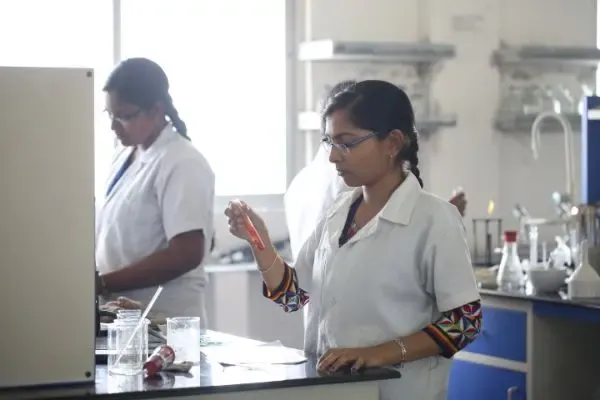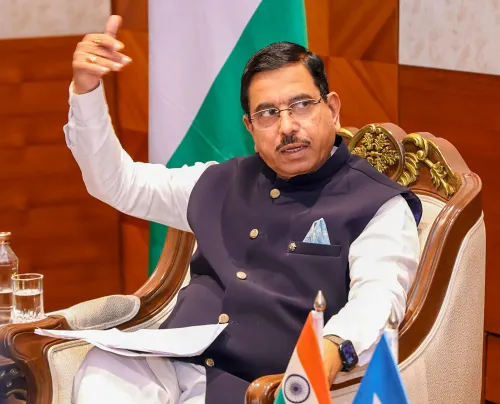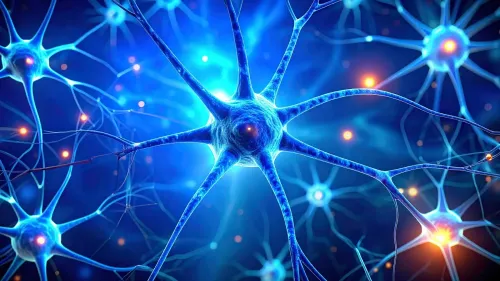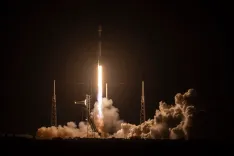In 2024, Women Scientists and Quantum Technology Dominate India's Scientific Landscape, As Per Government Report

New Delhi, Dec 24 (NationPress) Quantum technology, the Anusandhan National Research Foundation (ANRF), and women scientists prominently led the Indian scientific domain in 2024, as revealed by the Union government on Tuesday.
India's positioning in global science and technology benchmarks saw a remarkable ascent in 2024. The nation achieved the 39th rank in the Global Innovation Index amongst the world's most innovative economies, according to the Global Innovation Index (GII) 2024.
The World Intellectual Property Organisation (WIPO) Report 2023 placed India at the 6th position globally concerning intellectual property (IP) filings. Additionally, India's standing improved to 49th place in the Network Readiness Index (NRI) 2024 report, a significant rise from 79th position in 2019.
According to the Ministry of Science & Technology, the ANRF Act, 2023, which took effect on February 5, signifies India's groundbreaking endeavors to harness its research and innovation capabilities to attain global scientific and technological preeminence.
In 2024, the ANRF rolled out the Prime Minister's Early Career Research Grant (PM ECRG) program, initiated the EV-mission program, introduced the Partnerships for Accelerated Innovation and Research (PAIR) initiative, and launched the Inclusivity Research Grant (IRG) scheme.
Moreover, the Union Cabinet sanctioned the National Quantum Mission (NQM) with a total investment of Rs.6,003.65 crore over eight years, aimed at fostering, nurturing, and expanding scientific and industrial R&D, while creating a dynamic and innovative ecosystem in quantum technology.
The year also witnessed advancements in geospatial data, infrastructure, and technology, enhancing citizen services.
As part of the Geospatial Capacity Building initiative, the government launched a biweekly spatial thinking program in schools nationwide.
This initiative spanned seven states—Gujarat, Haryana, Odisha, Telangana, Chhattisgarh, Kerala, and Rajasthan—covering 49 districts and 16 schools, positively impacting 154 teachers and reaching 6,205 students in 2024.
The year also marked an increase in women’s involvement in science, with over 340 women scientists receiving support through major fellowship initiatives. Under the Vigyan Jyoti program, more than 29,000 girls from Class 9-12 across 300 districts in 34 states/UTs benefited from various activities and interventions.
Additionally, the country unveiled several initiatives addressing climate change, including the establishment of four new centres of excellence and comprehensive risk mapping for flood and drought.









